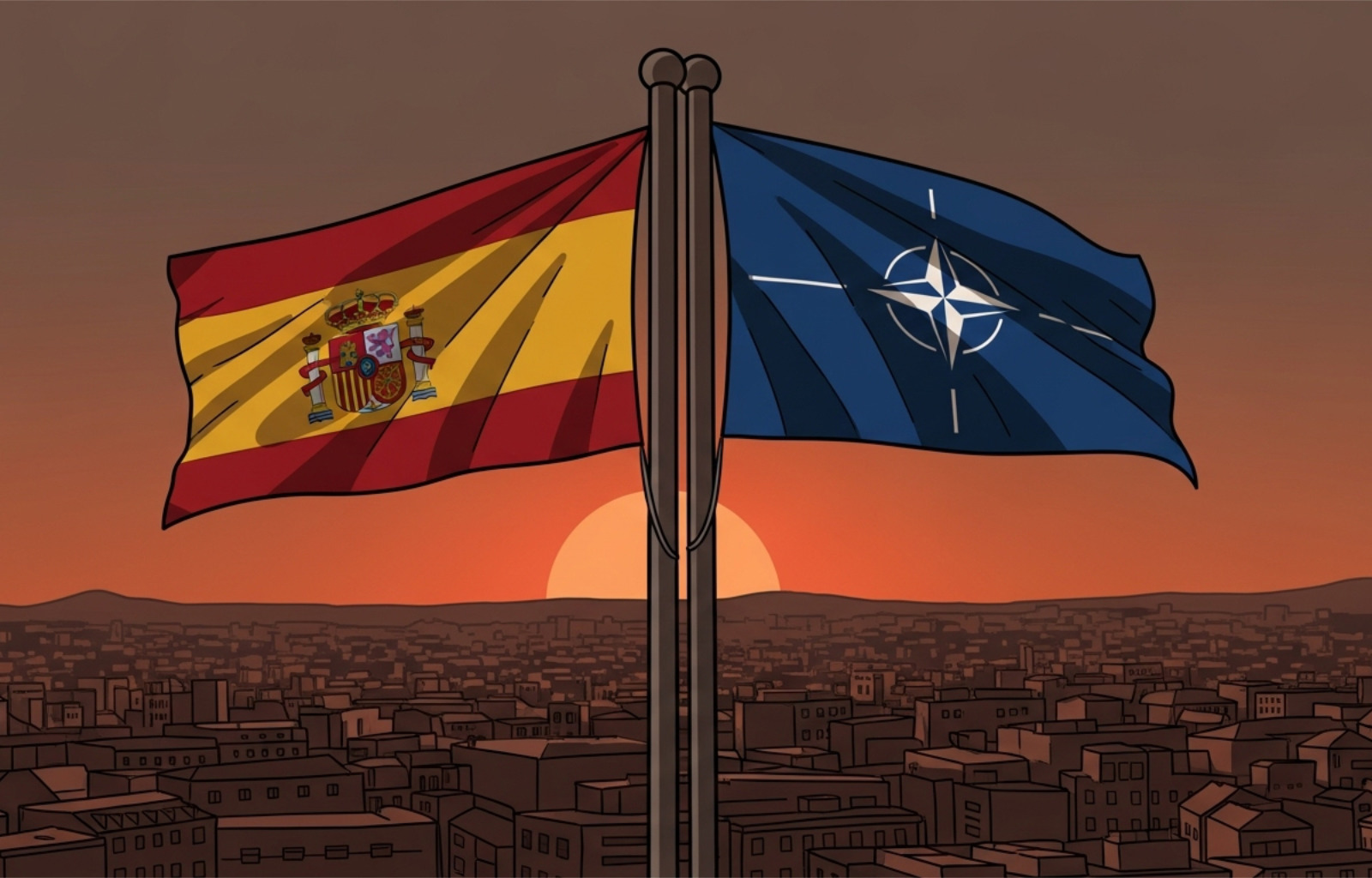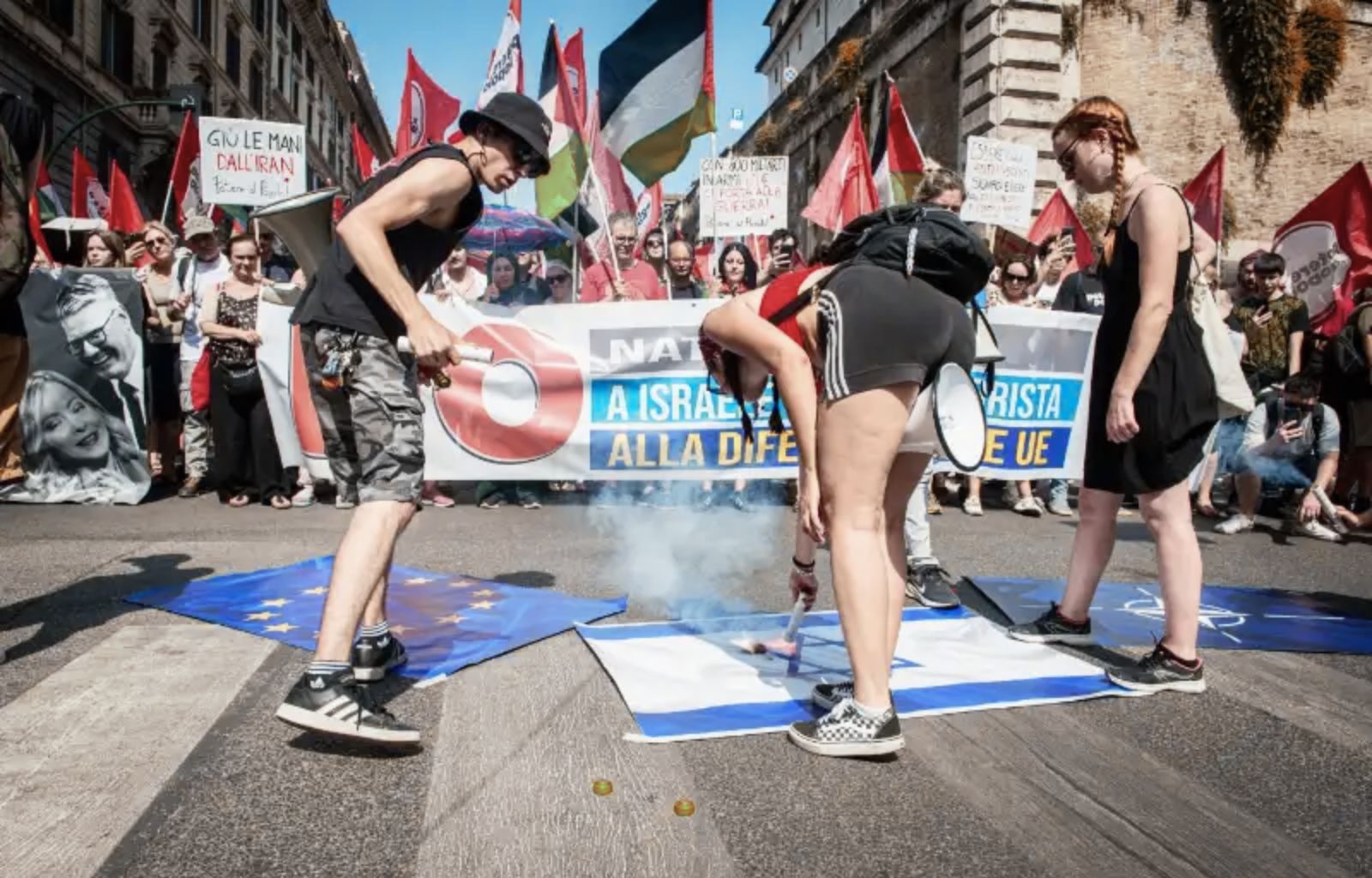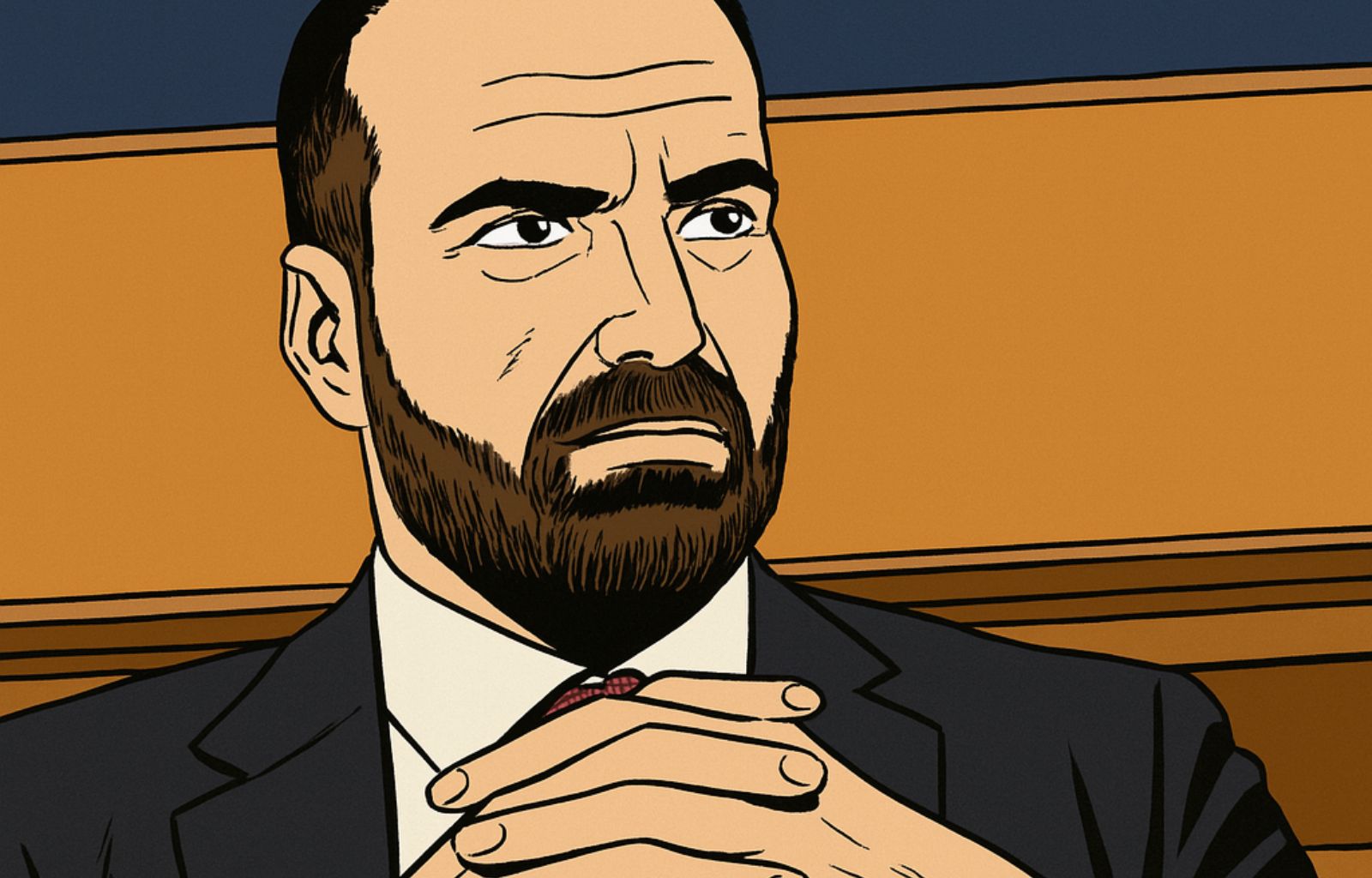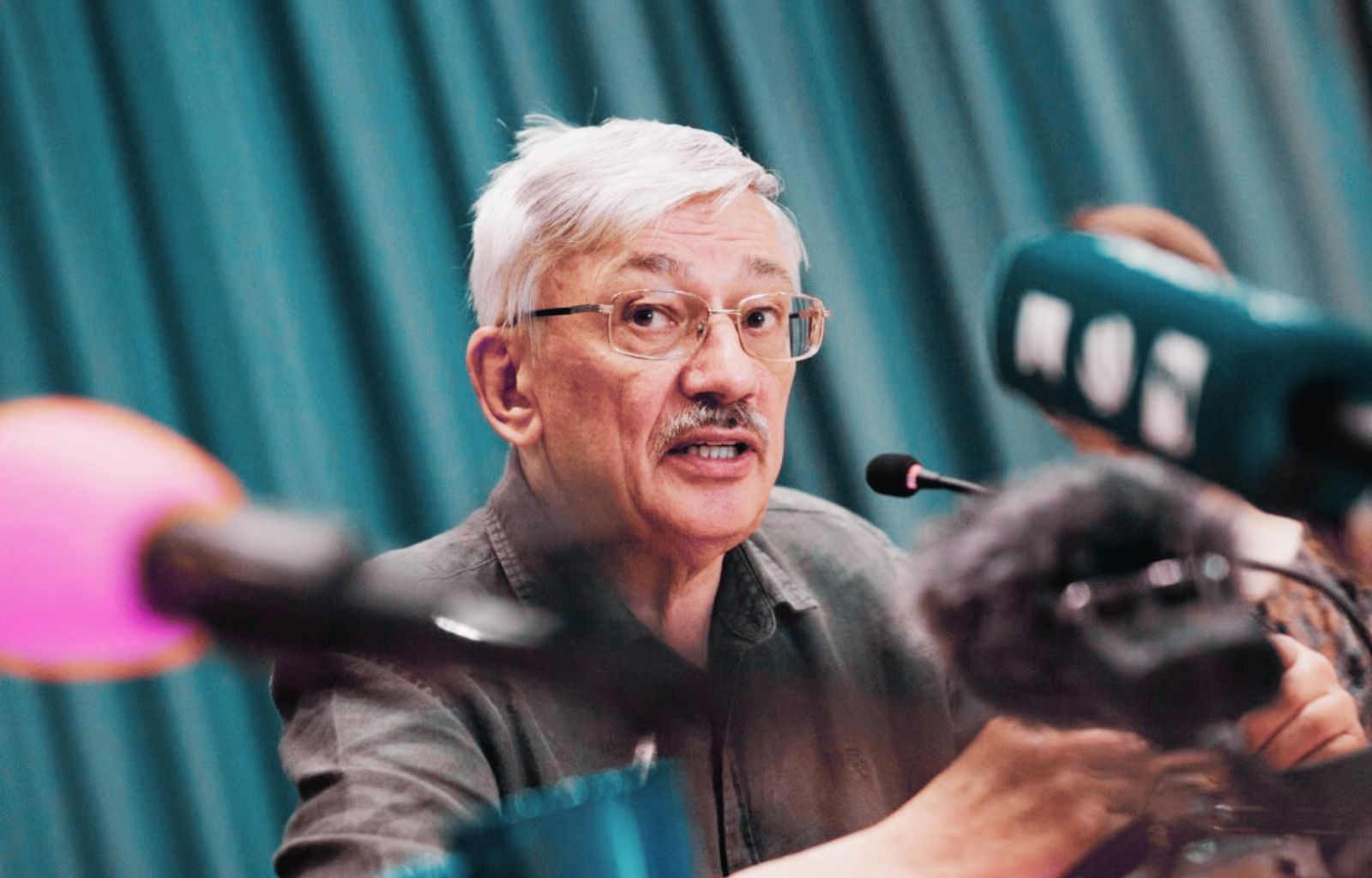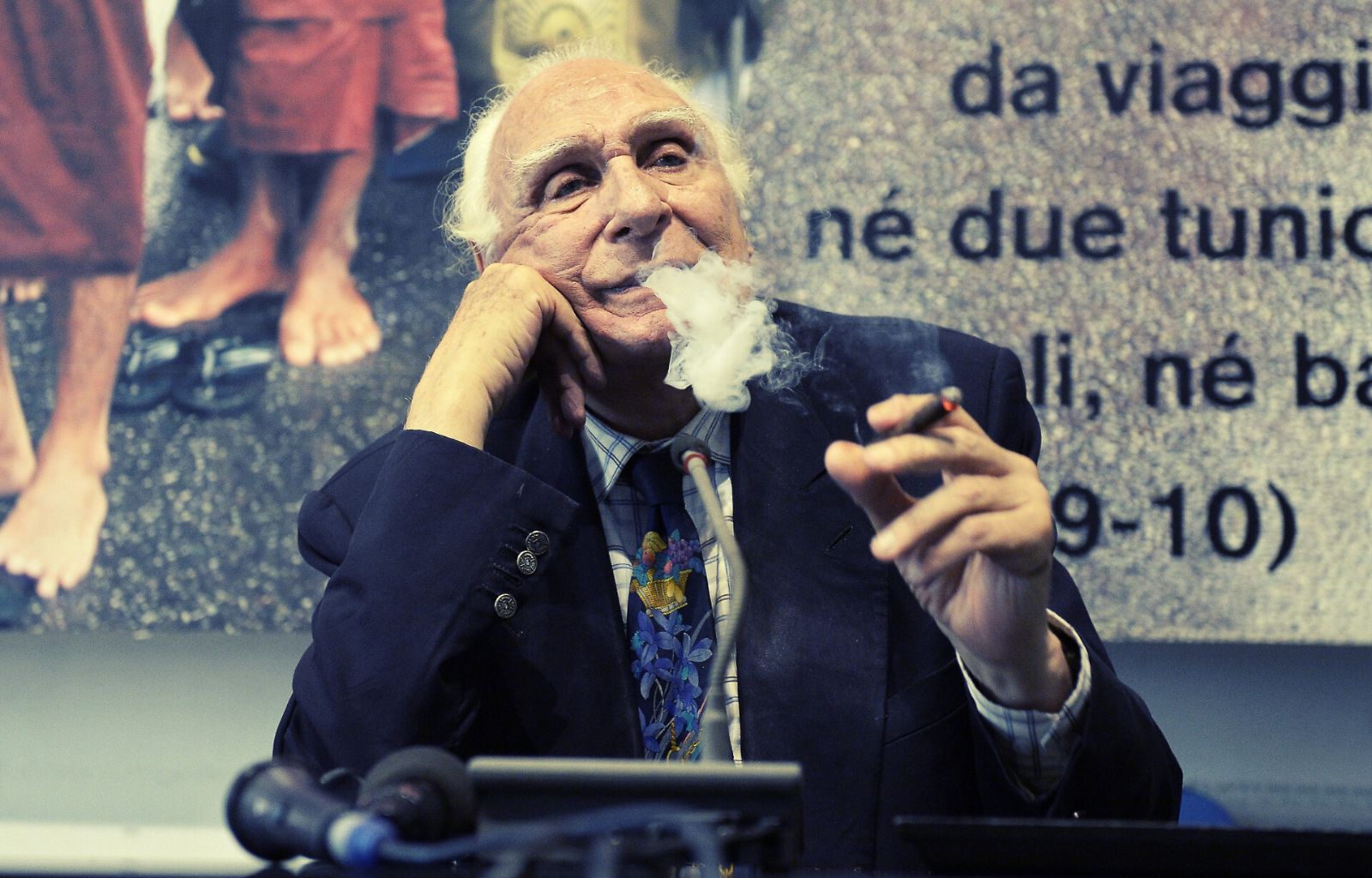1936-2025: the Nazi invasion of the Rhineland rhymes with today’s Europe
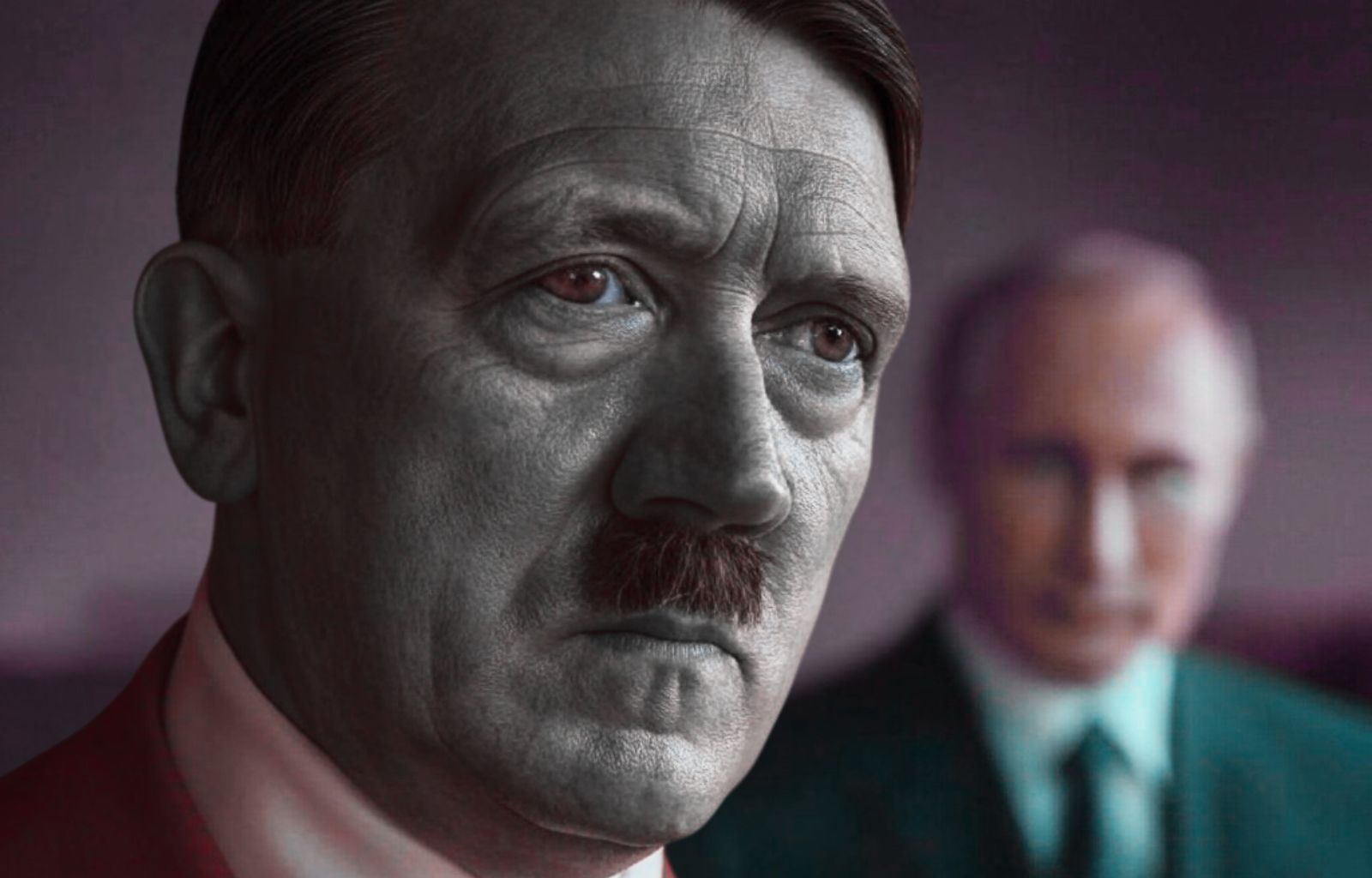
On 7 March 1936, eighty-nine years ago, Nazi Germany sent twenty thousand soldiers into the Rhineland, openly violating the Treaty of Versailles and the Treaty of Locarno. It was a test for Europe. France and the United Kingdom, then militarily superior to Germany, could have reacted and nipped Hitler’s expansionist aims in the bud. They did not.
The Führer, even in his arrogance, knew that an Anglo-French intervention could put his regime in crisis. But he gambled on prudence, fear of conflict and the political fragility of the European democracies. And he won. The occupation of the Rhineland was the first step in a long chain of events that led to the Second World War.
Today, in 2025, history seems to be repeating itself. Vladimir Putin’s Russia has already challenged the international order with the invasion of Georgia in 2008, the annexation of Crimea in 2014 and finally with the large-scale war against Ukraine from 2022 until today. On each occasion, the West has reacted, but with the handbrake on.
Sanctions, diplomatic condemnations, sending weapons to Kyiv: strong but not decisive answers. Putin, like Hitler in 1936, is betting that the Western democracies, although economically and militarily superior, do not want a direct escalation. Russia’s advance is gradual, as was that of the Third Reich: one step at a time, testing the reaction, calculating the risks.
History teaches us that when you give in on a fundamental principle – the inviolability of borders, respect for international law – you open the door to new aggression. Had the democratic powers acted firmly in 1936, perhaps the tragedy of the Second World War could have been avoided.
In 2025, the West faces a new test. History never repeats itself identically, but it often rhymes. And the lessons of the past are clear: to hesitate today may mean paying a heavy price tomorrow.

